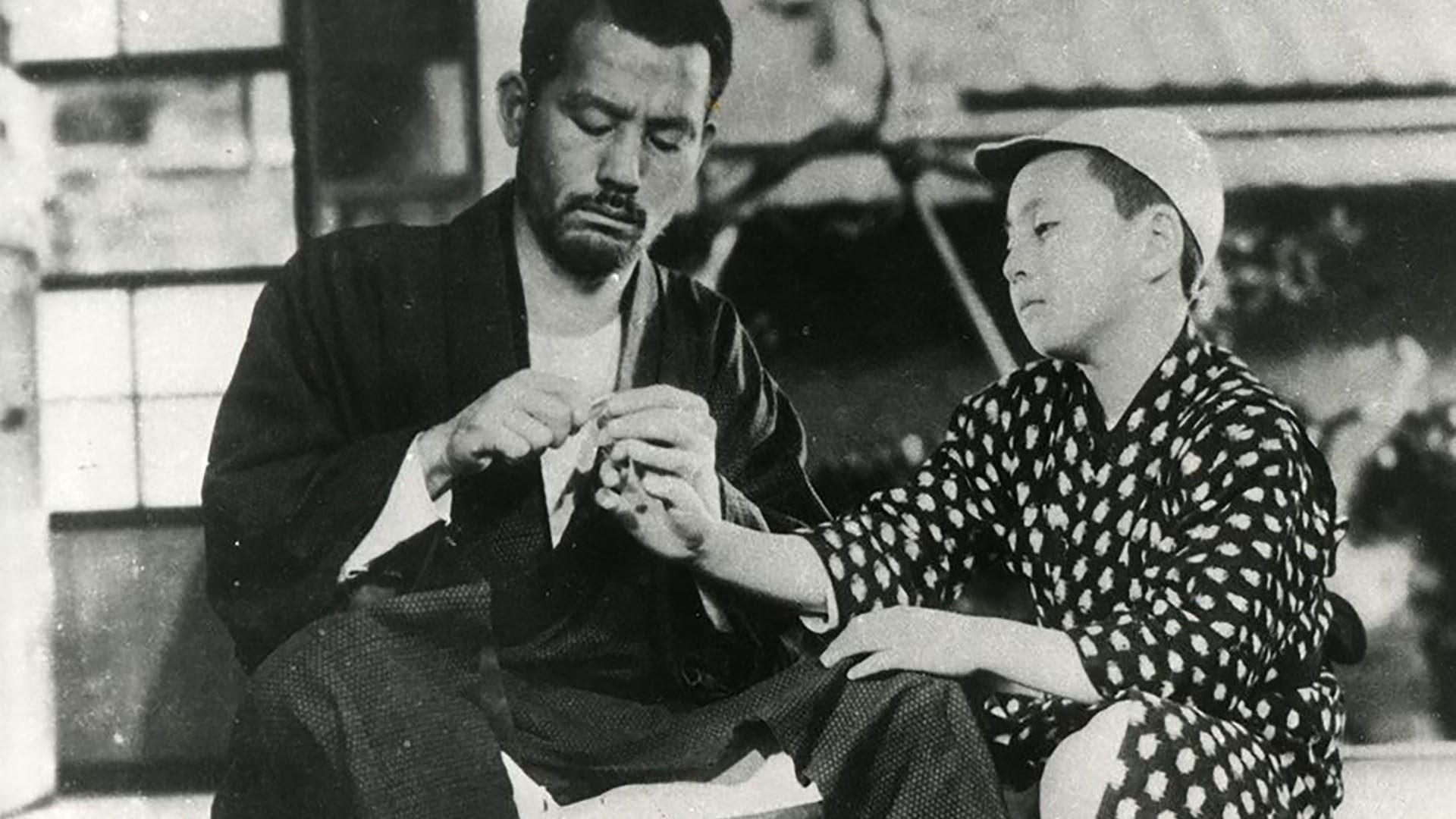
(1942, Japan, 92')
In his early cinema, Ozu had shown appreciation for American influence, but in 1937, when he wrote that Chichi Ariki that would be made in 1942, times had already changed. The regime had launched a culture war, at the same time as China, to spur collective sacrifice and a sense of societal duty, all against the evil of individualism. This is what pushes the film forward: it all starts with an unruly student dying during a boat trip, which he had been forbidden to go on. His teacher, Harikawa (Chishu Ryu), takes responsibility, and leaves the school. A widower, Harikawa places all his hopes (again, in a patriotic sense of civic duty) onto son Ryohei, working hard to pay for his schooling and suffering physical distance.
A film of beautiful formal articulation, the relationship between father and son is depicted in two scenes that are distant in time, but are tied together stylistically with sojikei (an identical, coordinate motion).
“This is no time for idleness… we are doing what we can”. Ozu’s art is great in showing how recurring ethical discourse will not appear idealistic, but authentic and poignant, relevant to that familial relationship that has long become the essential element of his cinema. Chichi ariki is an austere film with rare instants of humour, and it is a film of great beauty. An essential piece in the canon of the Japanese maestro.
Venice Classics homages the sodality between the Master and iconic Japanese actor Chishu Ryu